Hurricanes, tropical storms, and other severe weather events happen every year across the country. Without proper care, a major storm or flood event could severely damage or destroy the precious works of art and other valuable items you’ve spent years collecting. With a little bit of planning, you can help ensure your home and collection are ready to weather the storm.
Advance preparation
Here are a few things you can do before the storm season arrives to help protect your collection:
- Get your home and artwork ready for high winds. If you live in an area prone to hurricanes, install hurricane shutters or impact-rated glass on all perimeter openings. If you have outdoor sculpture, consider a prefabricated, impact-rated solution to protect works from flying debris during a storm.
- Install a backup generator. A generator should auto-activate in response to a power outage and should be self-assessing. This can help maintain your home’s temperature controls, humidity levels, and alarms. In the event of a natural disaster, distribution lines may be impacted, and supplies may run low. Be sure you have local and regional sources for fuel.
- Move your artwork. Consider storing artwork at an art warehouse if your residence will be vacant during hurricane season.
- Check your alarms. Review your home and property annually to ensure that alarm systems, including smoke detectors, are functioning properly.
- Make repairs. Identify any preexisting water marks, moisture and/or water accumulation, peeling paint, mold, and other signs of physical damage like cracks or buckling floors. Hire a licensed contractor to evaluate the source of the damage, make repairs, and restore the affected area(s) to their original condition.
- Trim trees. Falling trees and branches can damage outdoor sculpture, landscaping, and other property. Ask an arborist to periodically inspect your trees, remove dead or diseased branches, and maintain their overall health.
- Coordinate with the fire department. If your residence is gated, consult with the fire department annually to ensure they have access to your property. Share gate codes, consider how they will access gates during a power outage, and make sure they have enough driveway clearance.
- Sign up for Chubb Property Manager. If your secondary or seasonal home is affected by hurricane-force winds and you are enrolled in Chubb Property Manager, we can take action on your behalf to limit the potential for further damage. Check with your agent or broker to confirm whether you are eligible for this program and that it is available in your state. *
- Regularly review your insurance schedule. Confirm that values are up to date and all recent acquisitions have been added to your policy.
- Document your collection. Include photographs, detailed item descriptions, and purchase information, including invoices, certificates, recent appraisals, and other paperwork. Maintain a digital backup and make sure your broker has a copy.
- Develop a list of vendors. You may need specific vendors in an emergency, so put together a list with contact details including email and cell phone numbers. This list should include fine art shippers and handlers, conservators, and art storage facilities.
- Establish an evacuation plan for select items. Working with a vetted fine art handling and storage company, create a list of priority items for emergency evacuation, and a map with the location of these items in the home and on the property. Your evacuation plan should also include transit plans, prefabricated crates and protective materials for travel, and a secure place for temporarily relocating the collection.
- Prepare to move items. Store prefabricated custom crates and packing materials on site or in a local storage facility, in case your artwork needs to be moved from your home and stored off site temporarily.
- Plan temporary on-site storage. For items not evacuated off site and displayed on or near the exterior walls of your home, identify a secure area for temporary storage if a storm approaches. Choose an interior room, away from windows/doors and AC ducts and not directly under roofing. Confirm your backup generator operates all climate control systems for this room.
- Create an annual maintenance plan for outdoor sculpture. Work with a conservator to put together a plan and confirm that there are no condition or installation issues.
- Put together an emergency response kit for your collection. Some items may be difficult to obtain once a storm is approaching, so buy them ahead of time because they can be used to help prevent further damage. Your kit should include:
- Gloves – powder-free nitrile gloves for most art and heavy work gloves for outdoor sculptures
- Scissors/box cutters
- Acid-free cardboard, packing paper and painter’s tape
- Pencils, markers, and notepad
- Flashlights and batteries
- Portable chargers for cell phones
- Fans
- Extension cords
- Foam blocks (to elevate artwork)
- Plastic buckets
- Wet/dry vacuum
- Chamois cloth
- Towels
- Sand bags and sand (in the event of flooding)
- Portable generator if you do not have a permanently installed generator
- Dehumidifier
- Review your emergency response plan with your property manager and staff annually. Provide professional training for any staff that may be handling artwork.
Final preparations
Here are some final actions you can take before a storm to help protect your collection from damage. As a reminder, your safety is the most important thing. Please heed all local authorities and stay tuned for updates.
- Activate your off-site evacuation plan, if you have one in place.
- Fuel up your generator.
- Establish a perimeter of sandbags around any area that is prone to flooding.
- Remove artwork from exterior walls and walls near or facing windows, and temporarily store items in an interior room away from windows/doors, AC ducts and, if possible, not directly under roofing. It is important to note that if walls are made of plaster and become damp, they may not have the structural integrity to support artwork.
- Store your artwork at least 3 - 6 inches off the floor on sturdy shelving or foam blocks. Do not store valuables below ground or in areas prone to flooding such as a basement.
- Place small valuable items in plastic waterproof bins and use acid-free cardboard to wrap and protect surfaces.
- If possible, move outdoor sculptures indoors. For remaining outdoor pieces, install a prefabricated, impact-rated solution or use a nonabrasive protective wrapping to safeguard the sculpture from flying debris. Secure with a wind-rated harness and anchor.
Additional resources
Visit the following websites for additional guidance and resources to help keep your property, family, and pets safe:
*Chubb Property Manager is not available in all regions; contact your agent or broker to find out if your home qualifies.
Insights and expertise
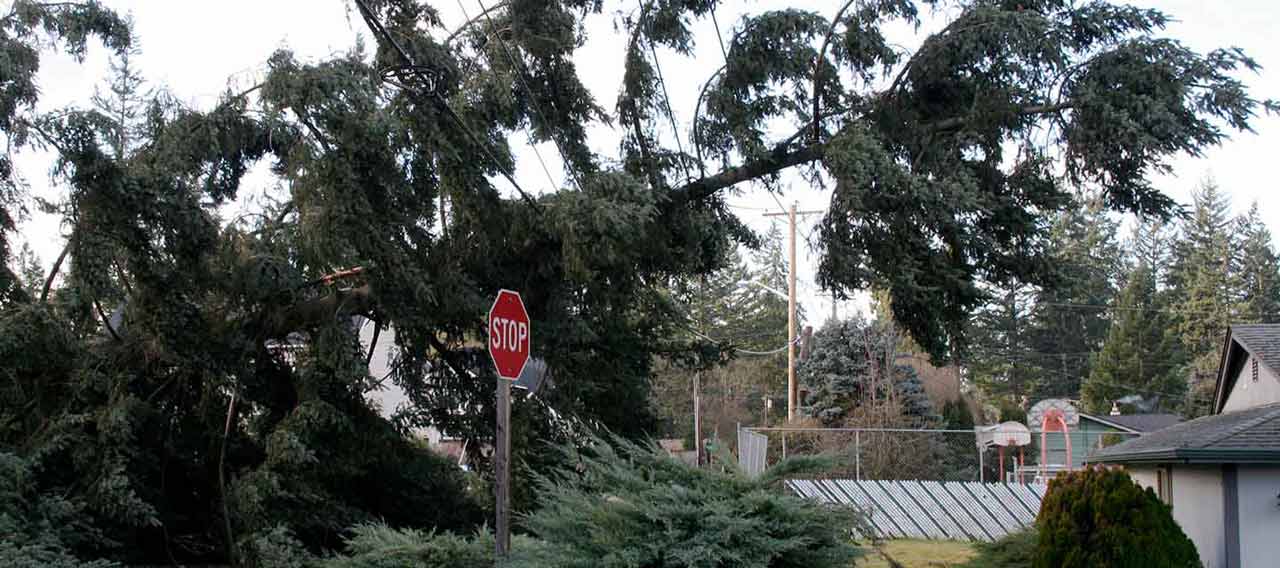
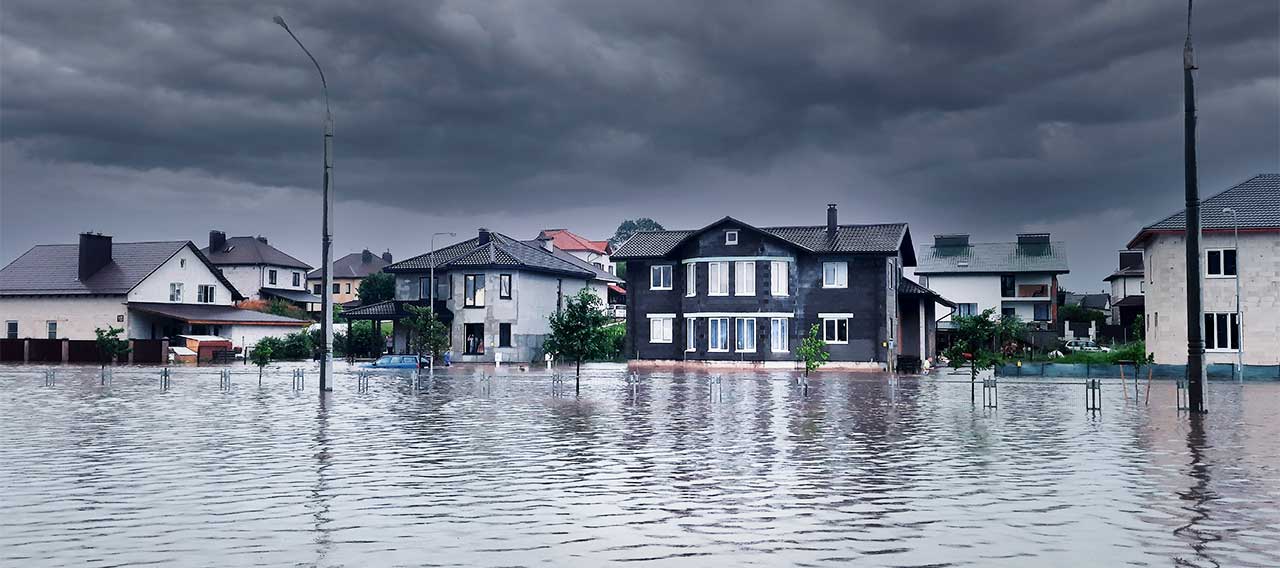

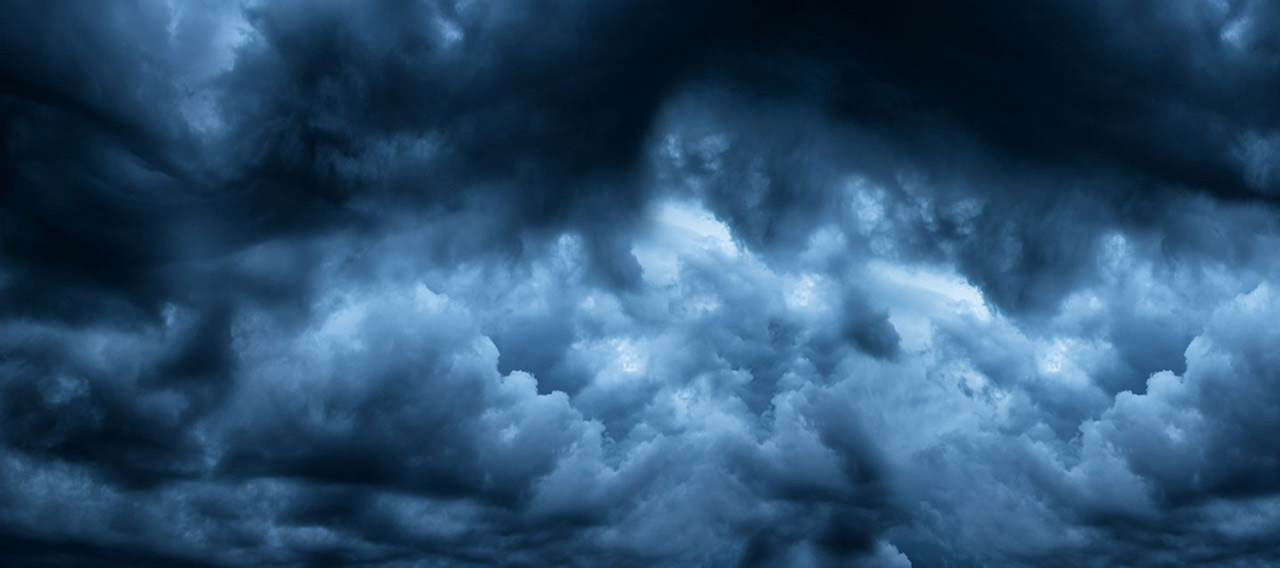

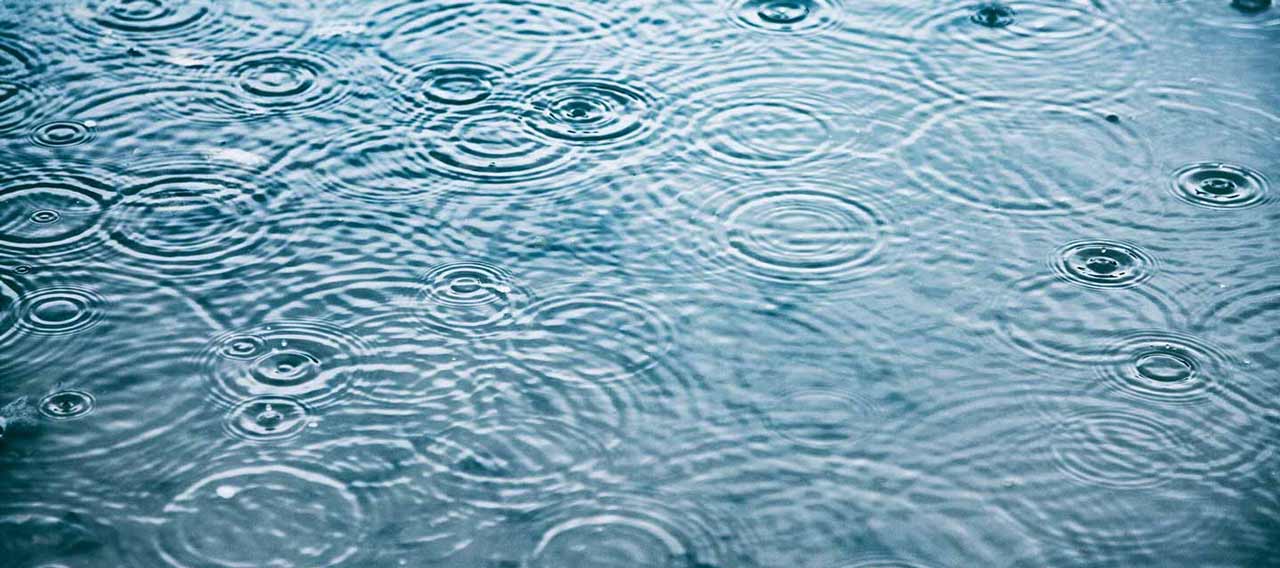

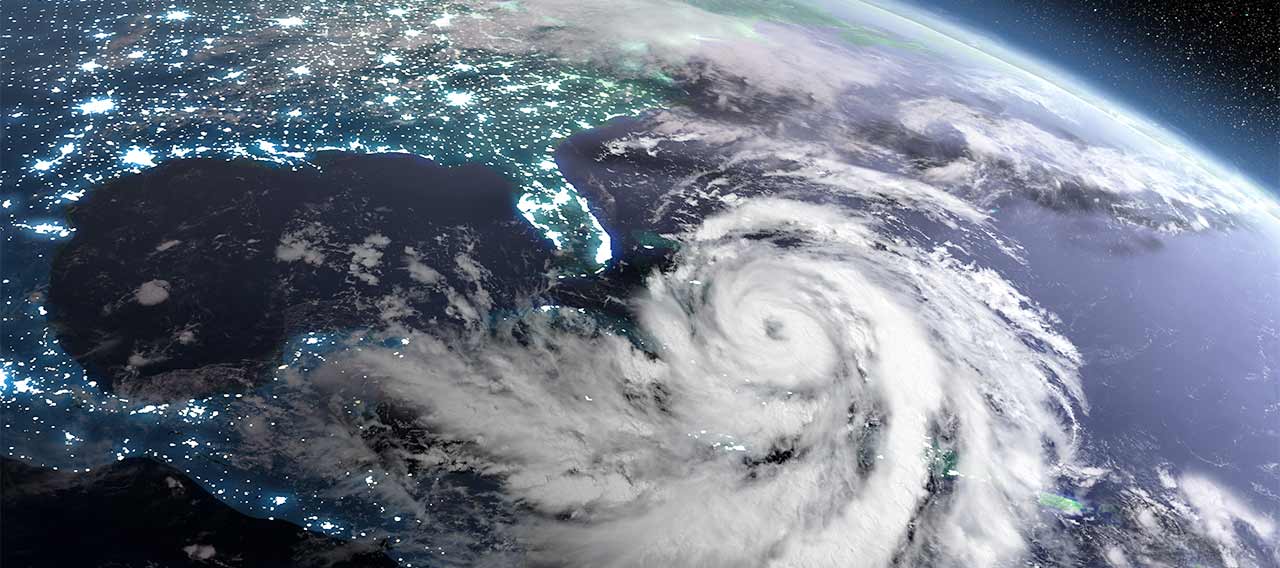
This document is advisory in nature and is offered as a resource to be used together with your professional insurance advisors in maintaining a loss prevention program. It is an overview only, and is not intended as a substitute for consultation with your insurance broker, or for legal, engineering or other professional advice.
Chubb is the marketing name used to refer to subsidiaries of Chubb Limited providing insurance and related services. For a list of these subsidiaries, please visit our website at www.chubb.com. Insurance provided by ACE American Insurance Company and its U.S. based Chubb underwriting company affiliates. All products may not be available in all states. This communication contains product summaries only. Coverage is subject to the language of the policies as actually issued. Surplus lines insurance sold only through licensed surplus lines producers. Chubb, 202 Hall's Mill Road, Whitehouse Station, NJ 08889-1600.










